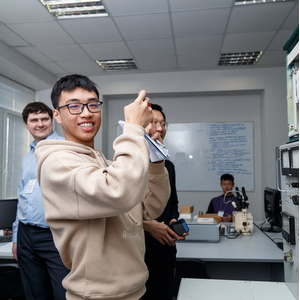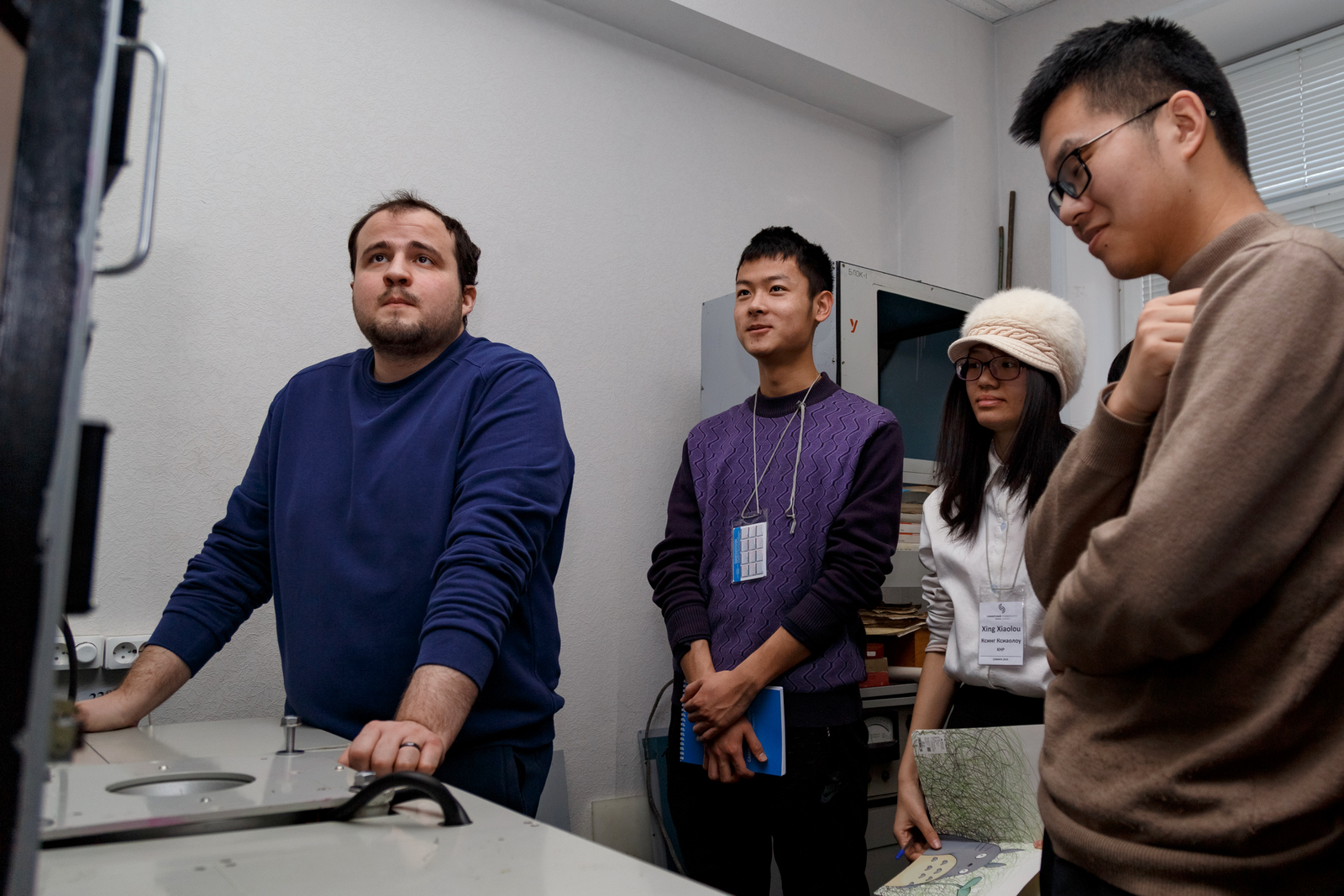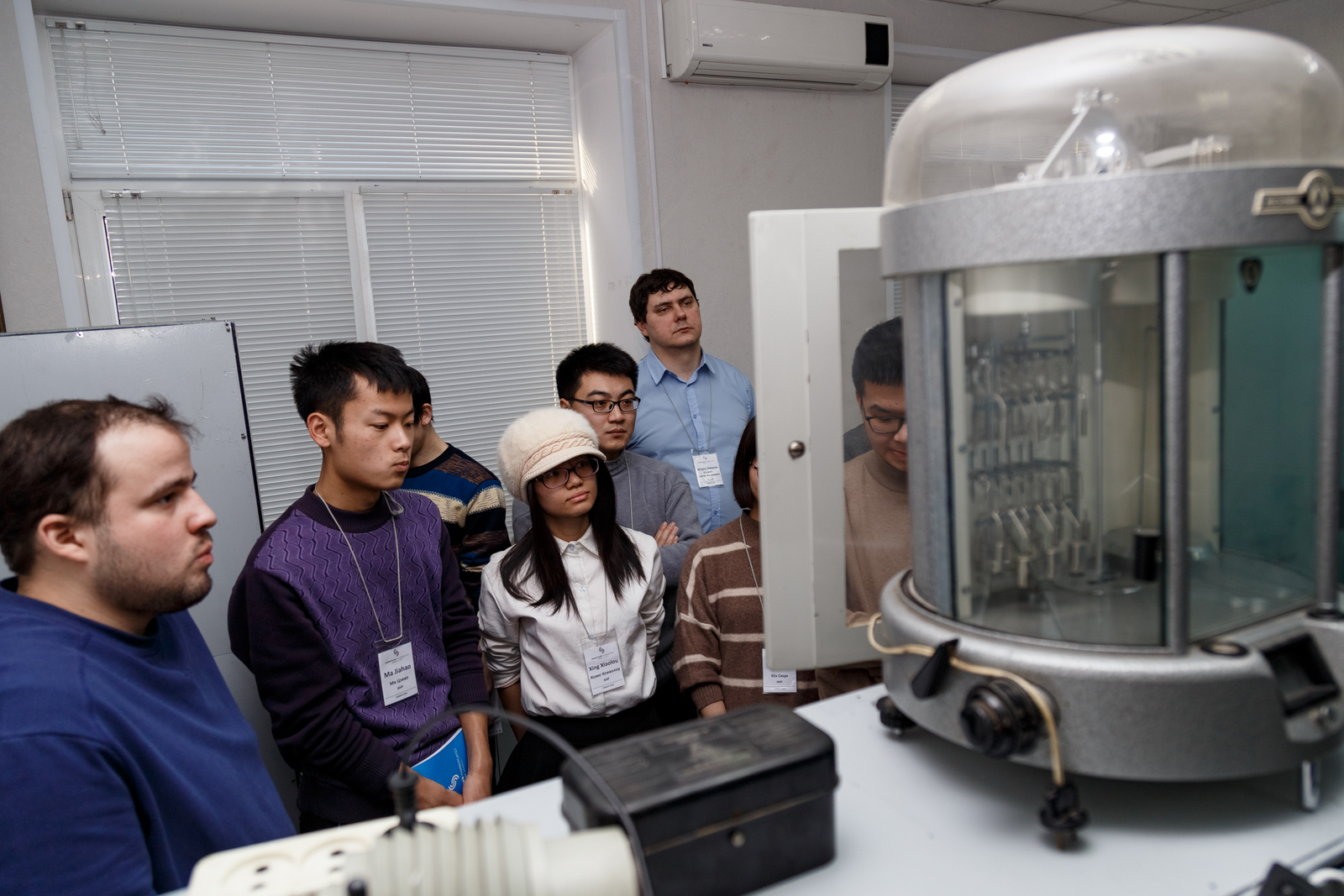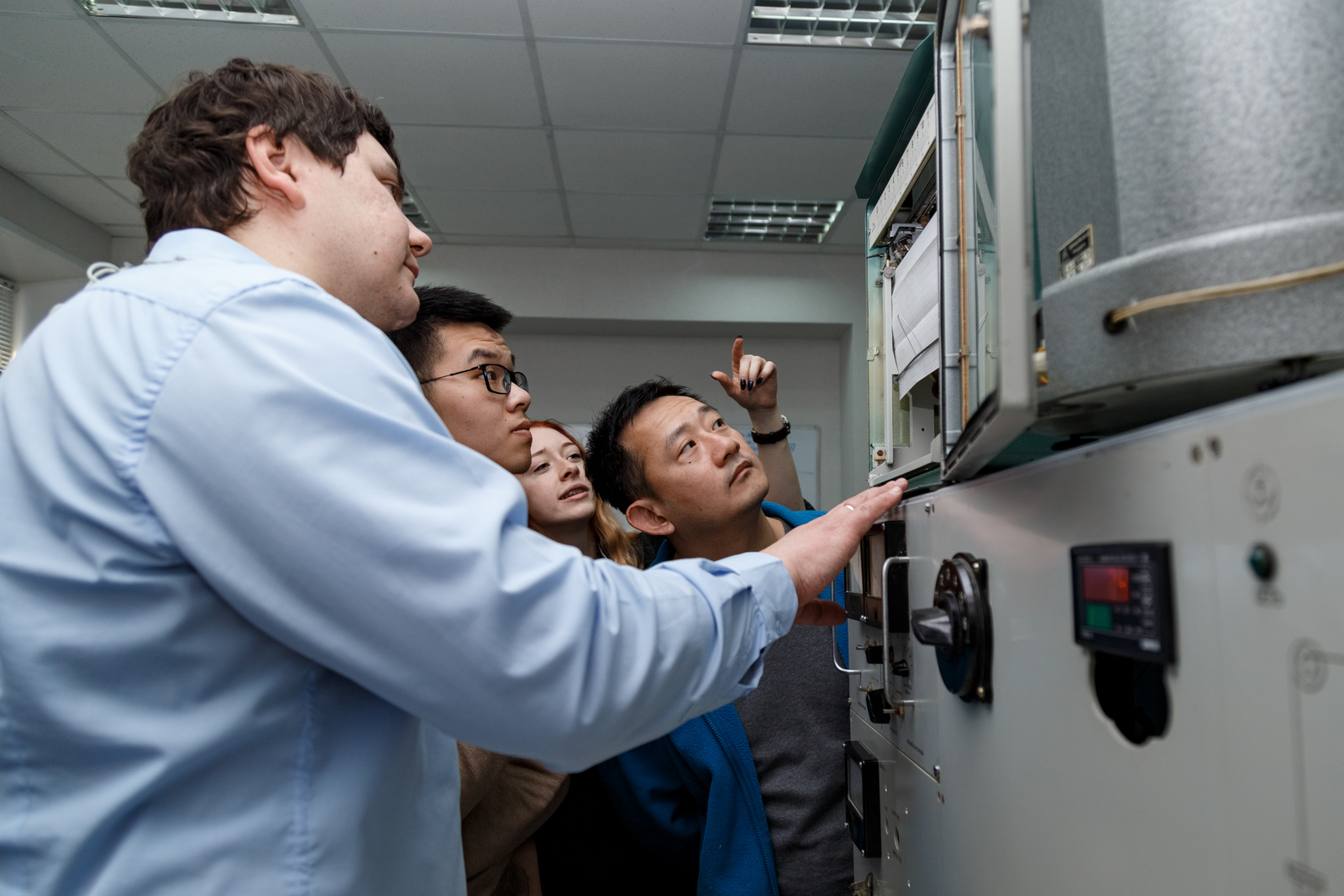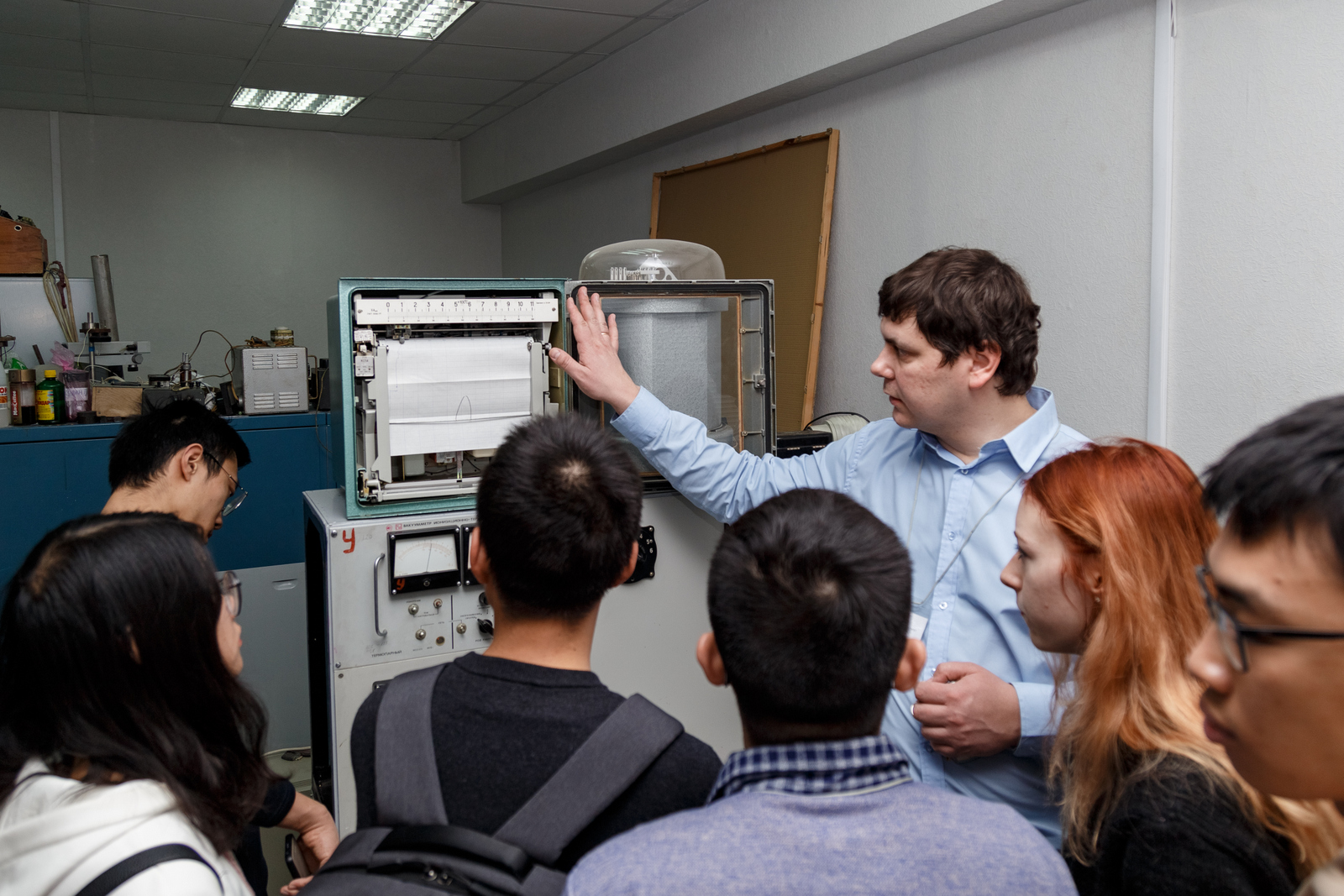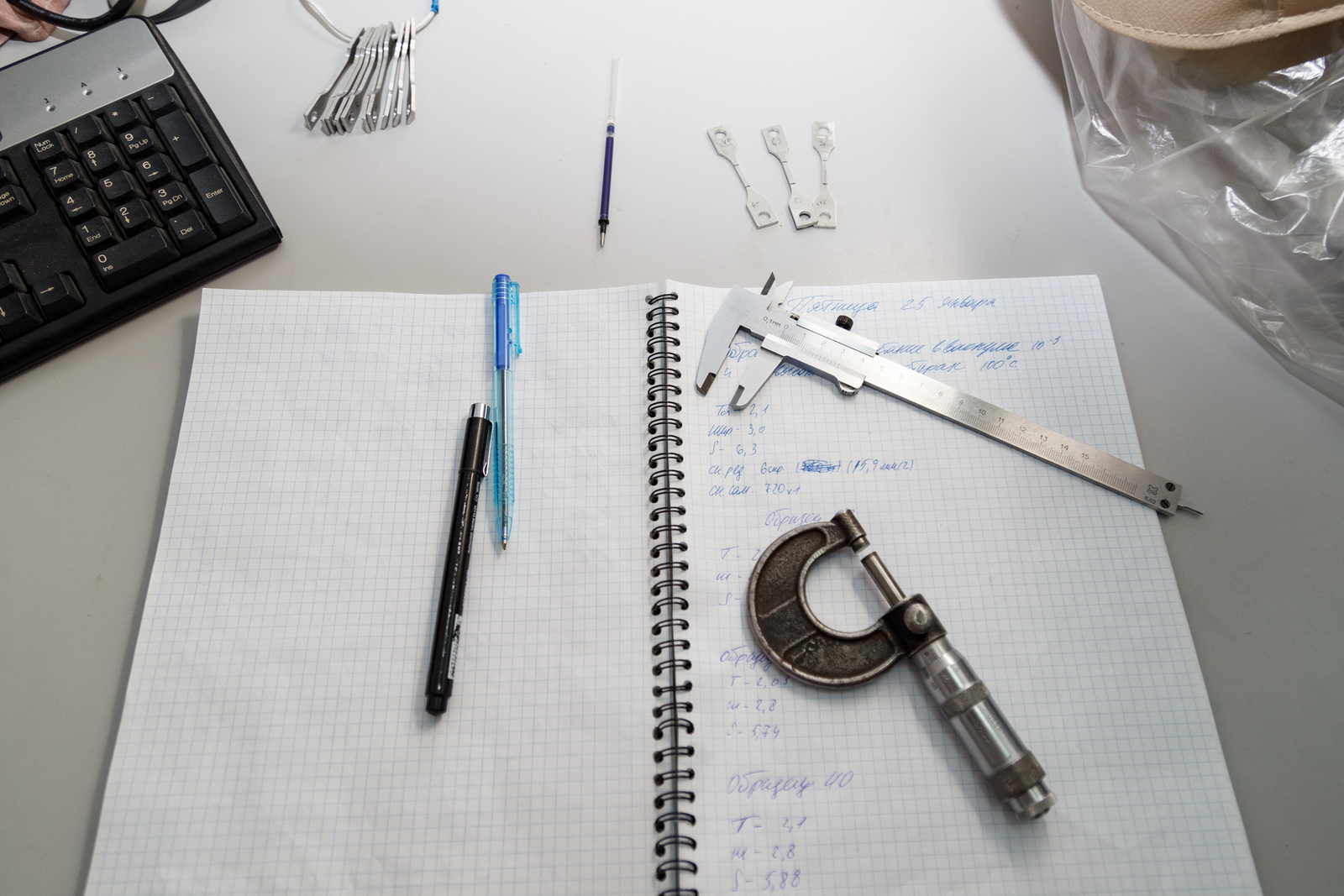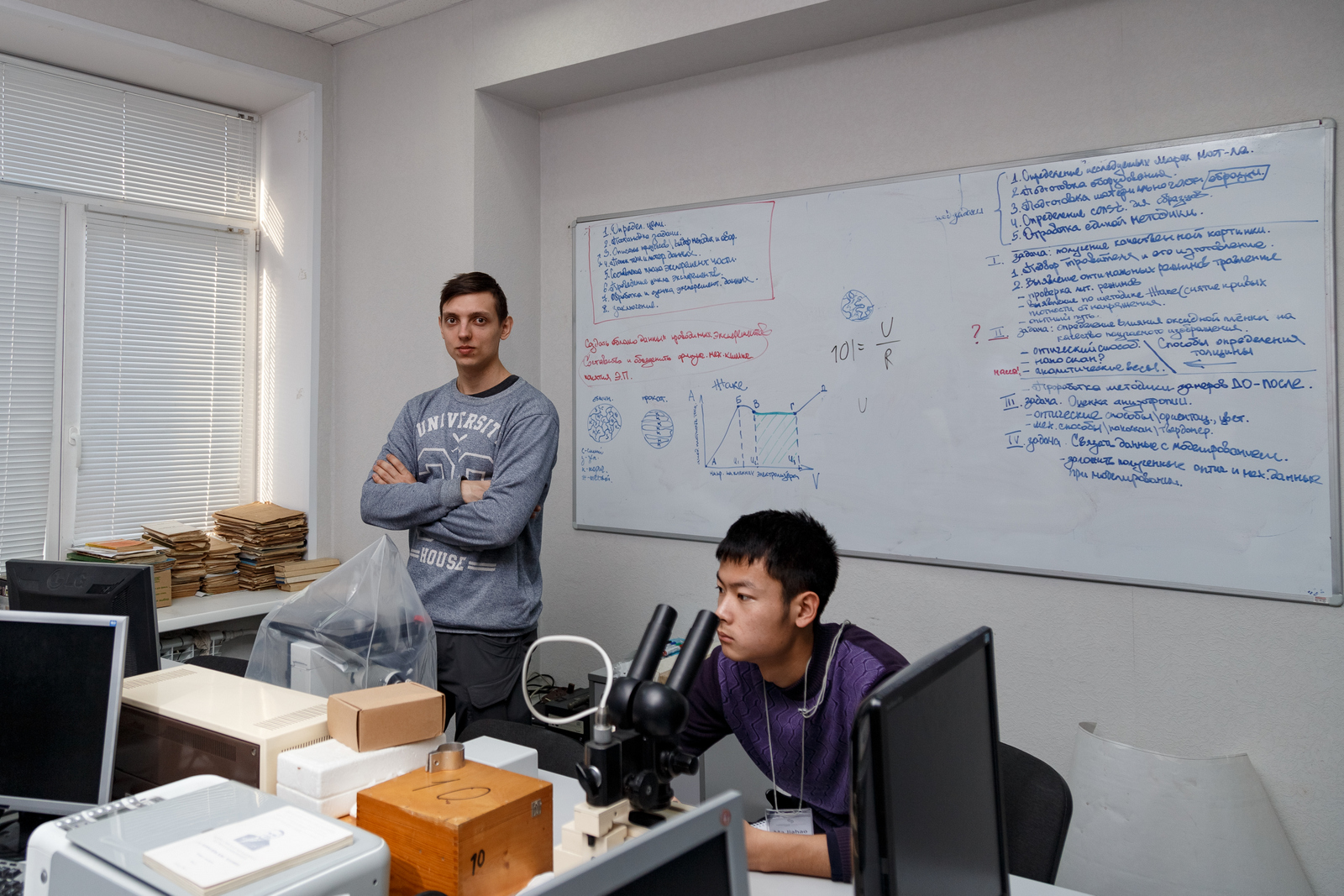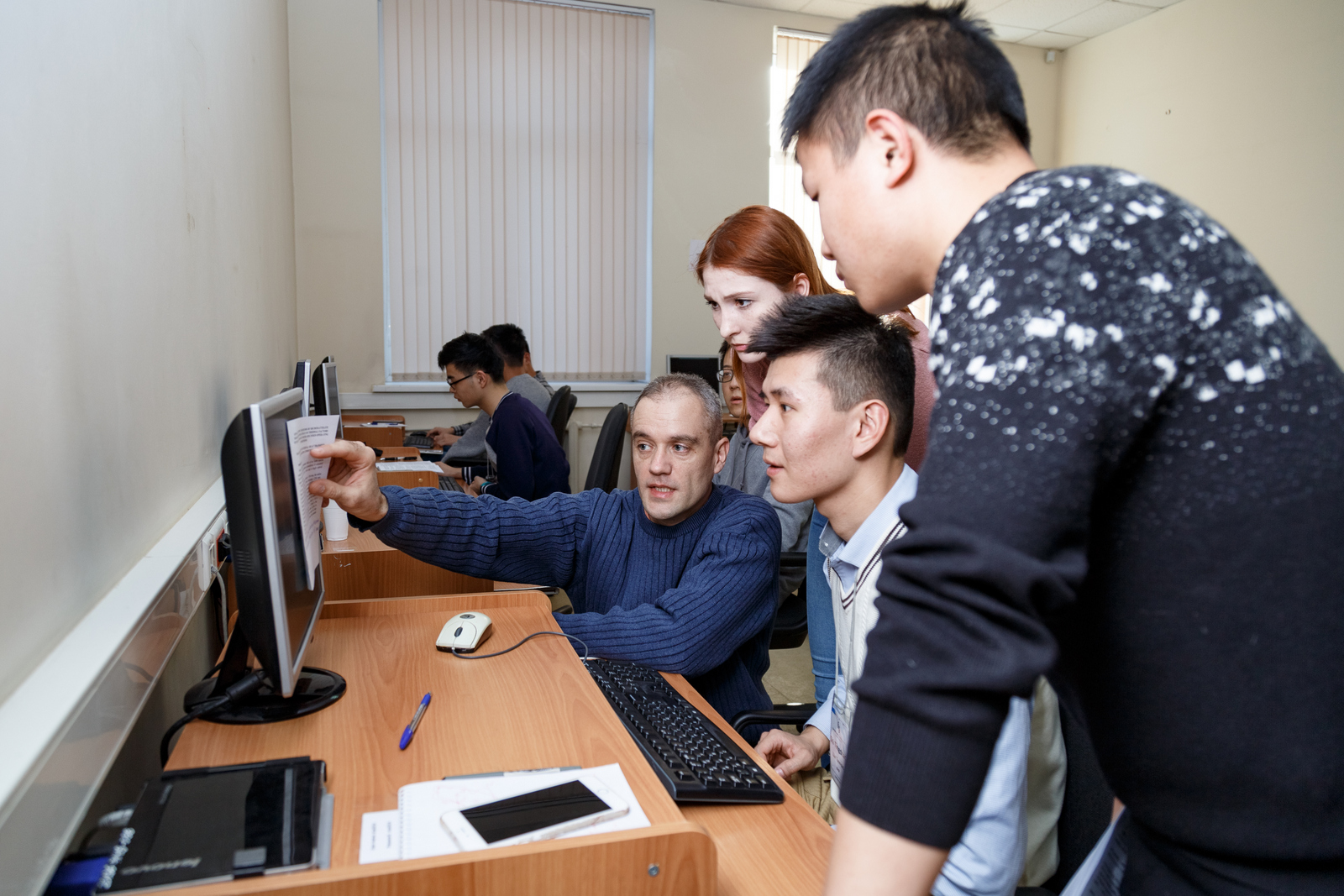The first International Winter School "Space Engineering and Technology" began its work at Samara National Research University. Fifty students of the Northwestern Polytechnical University (China) became its listeners. In two weeks they will get an idea of various aspects of the creation and operation of space technology and will prepare a cross-cutting scientific and technical project.
"This winter school is actually a concentrate of knowledge accumulated by the scientists of Samara University for more than 60 years of work in the field of rocket and space technologies: the training of engineers – specialists in rocket technology began in Kuibyshev Aviation Institute in 1957, – says one of the organizers, Head of the Institute of Space Rocket Engineering Sergey Ishkov. – We have compiled a school programme in such a way as to give students a complete image of the level of the most modern space technology. A series of overview lectures was deliberately deepened to demonstrate the capabilities of the university and show students what they can learn if they want to study at the master's, postgraduate and PhD-doctoral programmes at Samara University".
For example, students from China will learn about the theoretical aspects of spacecrafts designing – launch vehicles and satellites, taking into account the peculiarities of the open space environment. Especially for the guests from China, the members of the RocketLAV student design office of Samara University will launch experimental rockets at the test site, which have already successfully conquered the skies of France at international C`Space competitions.
A separate block will include the study of the movement features in space. We are talking about both interplanetary flights of spacecrafts, including the use of solar sails, and their maneuvering near space stations. "Designers are increasingly turning to projects of spacecrafts moving with the help of a solar sail, – says Professor of the Department of Space Engineering Olga Starinova. – The first space "sailing ship" was the Japanese IKAROS. It was launched on May 21, 2010".
The scientists of Samara University have been working on this topic since 1989, when the university student team, together with the staff of JSC SRC “Progress”, developed a project that won at the Russian stage of the international competition for the creation of such spacecrafts. Since 2016, the university scientists have been engaged in this subject together with the colleagues from the City University of New York.
For two weeks, the students will listen to lectures on space materials science, the design of optical-telescopic systems, the basics of life safety in the life cycle of rocket and space systems.
"The winter school represents knowledge both from the field of technology, and economics, and law, – said Project Manager, Specialist of the Institute of Further Education Victoria Nedikova. – The programme turned out to be integrated and it unites representatives of engineering and classical institutes of the university”.
Thus, the economic and legal block of space activity includes a lecture course on the economy of space, its main segments. The students will be introduced to the calculation of the cost of launching and operating space objects, as well as the peculiarities of investments in space industry. Among the issues raised there will be space resources and the possibility of their use in the course of space exploration.
The educational unit will end with the issues of space law. Since 2017 Samara University has been actively forming its own scientific school in this area. The starting point was the holding of the UN Workshop on Human Capacity-Building in Space Science and Technology for Sustainable Social and Economic Development.
The winter school will end on February 1 – on this day the final certification and protection of students' projects will take place.
Photo: Natalia Orlova, Nikita Bondarenko
